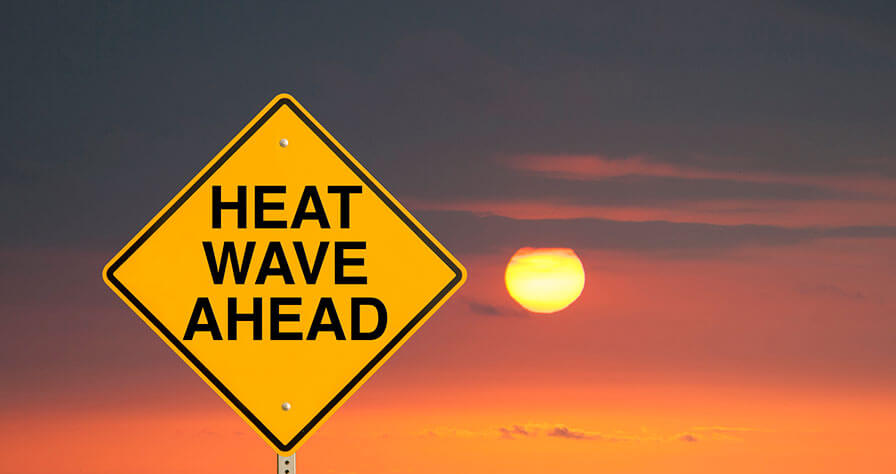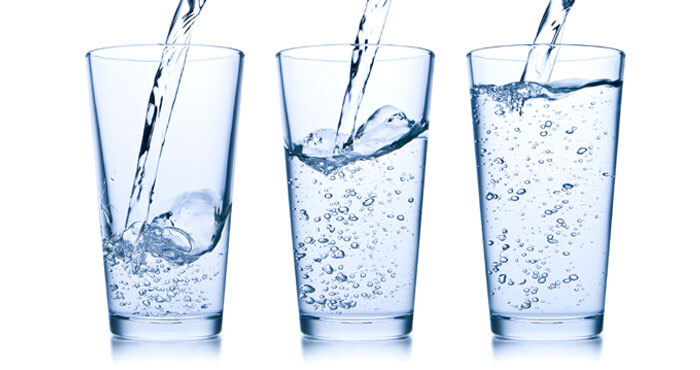7 Tips to stay safe during a heat wave

It’s easy for people not accustomed to the heat to overdo it, and even young, healthy athletes can be affected by hot weather if they aren’t careful. High humidity is especially dangerous because it makes it harder for your body to cool itself, and commonly used attention-deficit medications and diuretics can increase the likelihood of becoming overheated.
Heat-related symptoms can come on quickly, so parents and teammates should warn a coach if they see a player exhibiting symptoms.
Baptist Health offers the following tips for athletes, and for others spending time outside:
- Stay hydrated! Drink plenty of fluids, even if you don’t feel thirsty, and avoid caffeine and alcohol.
- Try to exercise, work outside and run errands in the morning instead of during the hottest part of the day.
- Wear loose, light clothing and a hat (if possible).
- Take frequent breaks, preferably in the shade.
- Closely monitor children and teens participating in team sports for signs of heat stress.
- Keep an eye on fellow workers and teammates, especially those who might not be used to hot weather.
- Learn the signs of heat exhaustion and heat stroke and what to do in an emergency.
If someone shows symptoms of heat exhaustion – heavy sweating, paleness, muscle cramps, weakness, dizziness, headache, nausea or vomiting– then move him or her to a cool, shady or air-conditioned area, remove layers of clothing if possible, and provide slow sips of cool, non-alcoholic beverages. You can also spray the person with water or apply cool, wet cloths or towels to their skin.
If someone shows signs of heat stroke, call 911. Symptoms include: red, hot and dry skin with no sweating; body temperature of 101 degrees or higher; rapid pulse; headache, dizziness, nausea or confusion; fainting or unconsciousness. Before help arrives, cool the victim by any means possible, including spray from a garden hose, immersing him or her in a cool tub of water or covering him or her with cold, wet towels or bags of ice.



